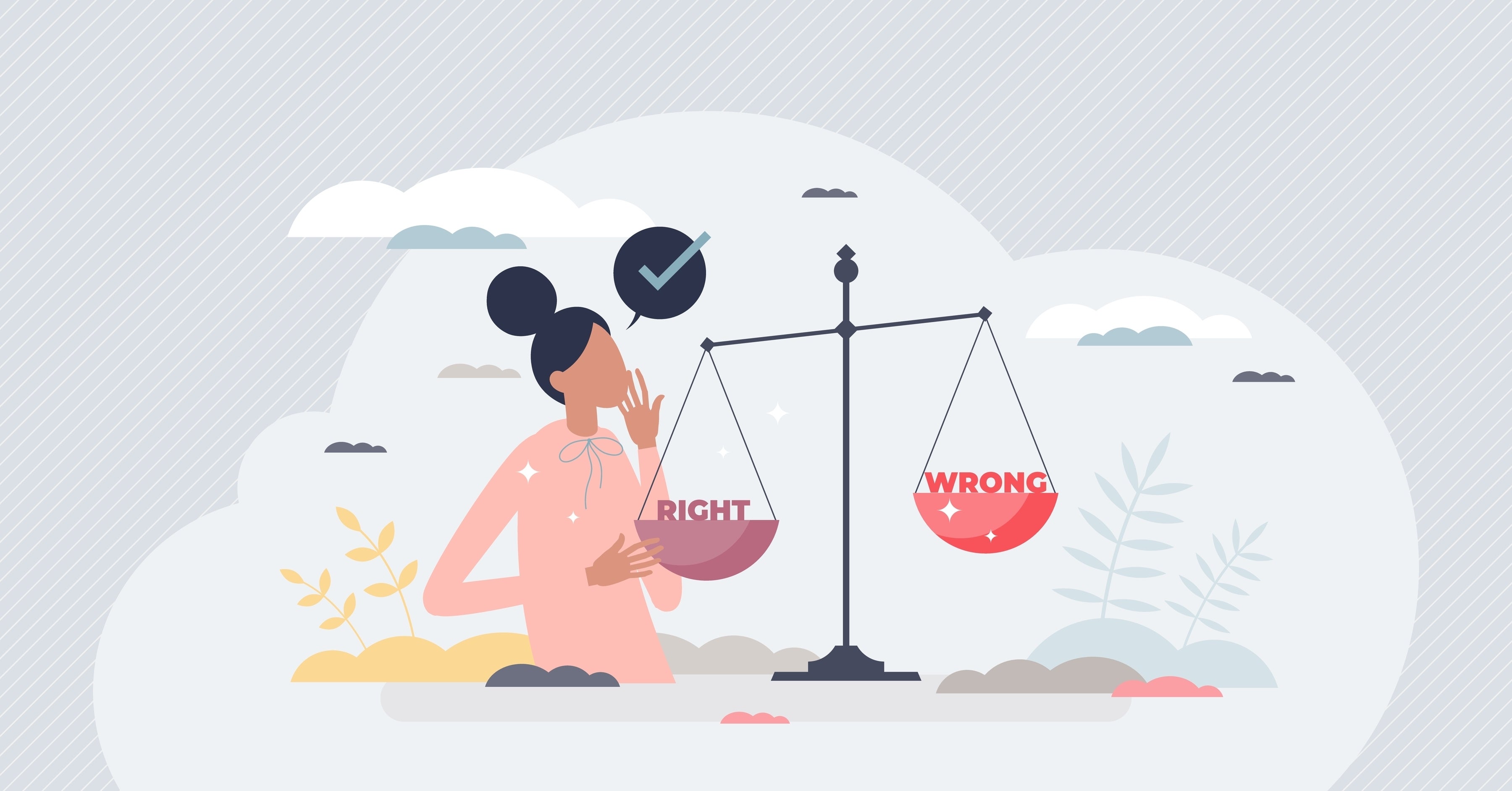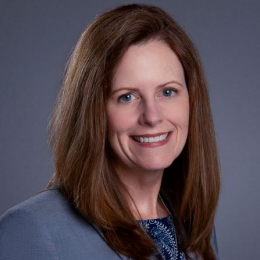Banner artwork by Zenzen / Shutterstock.com
At a recent leadership conference I attended, participants were asked to explain how they arrived at their purpose. Finding a purpose, we were told, helps define a value system and gives life more meaning. Seemingly a daunting task, yet it turned out to be easier than expected. Many described early life experiences, including taking a stand for fairness, overcoming health issues, or rising above difficult life circumstances as defining moments for the development of their purpose.
For me, my purpose ties back to an early life altering experience that led me to law school and eventually to in-house and my role as a compliance officer. That experience also illustrates how bad corporate decisions can affect the lives of others, sometimes in tragic ways.
My work with ACC has enabled me to further fulfill my purpose more broadly beyond my role in one company. I have been encouraged to share my story around the development of my purpose with the hope that it will inspire other in-house counsel to recognize that finding and fulfilling their purpose does indeed make a difference.
The calculus of negligence
When I was 11 years old, the plane my father was piloting crashed. It took a month-long trial to prove that the plane manufacturer’s negligence led to the crash and caused his death, along with the death of two other men. The court case revealed that the manufacturer deliberately weighed the value of the potential loss of human life versus the cost to recall and fix the plane’s defect. There was the so-called “smoking gun” memo stating such. It was clear the manufacturer put the company’s survival ahead of the survival of the passengers in its planes.
Needless to say, the day I learned in my torts class that my father's death could be attributable to a formula indicating his life was worth less than corporate profit was very difficult but eye opening.
I learned all of this when I worked as a full-time law clerk during law school for one of the law firms who represented a passenger in the court case. The classic case of US vs. Carroll Towing in law school (aka “the barge case”) highlighted this in stark reality for me through a “calculus of negligence.” You may recall that this case stated that, rather than spend resources ensuring safety, a decision maker could allow harm to occur and instead incur the costs of that harm, because that course of action would likely be more cost-efficient than any preventative measures.

And, yes, there is a formula for determining exactly this very thing. Needless to say, the day I learned in my torts class that my father’s death could be attributable to a formula indicating his life was worth less than corporate profit was very difficult but eye opening.
Lead with integrity
When I graduated law school, I recognized that spending my life handling plane crash cases would be challenging for my mental health, so I moved to a new law firm. After a stint in private practice and as corporate counsel at a publicly traded technology company, I landed a role at Staples as technology counsel to handle contracts for its IT department.
The "right thing" may not always be the most expedient or cost-efficient thing to do, and it can involve a complex developmental process, but the right thing always plays out better overall.
Over time, I took on the legal work for its global private label products division. It was in this role that I was reminded of the calculus of negligence again. I worked on many global compliance matters, including the development of a global product safety reporting and evaluation process. At this point in my in-house career, I realized how the role of in-house counsel could influence a company to make ethical decisions about its operations and business directly affecting others.
In my current role as chief compliance officer at NetScout, I regularly consider how I can guide and influence business decisions positively for the company and its customers. In thinking through my career experiences, I discovered a purpose in guiding corporate decisions toward doing the right thing. The “right thing” may not always be the most expedient or cost-efficient thing to do, and it can involve a complex developmental process, but the right thing always plays out better overall. The early life experience of losing my father due to a poor corporate decision has come full circle by influencing my purpose.

A seat at the table
My volunteer work at ACC extends my influence to other in-house counsel who can then, in turn, guide their companies in ethical decision making. This isn’t, of course, to say that companies always act unethically absent the influence of in-house counsel. In fact, I have had the good fortune of working with many conscientious business leaders who are guided by ethical principles. But, with in-house counsel having a seat at the leadership table, there is diversity of thought and experience included in that corporate decision making.
There is arguably a stronger likelihood that, with in-house counsel involved, the ultimate decision will be the right thing to do. ACC is, in fact, a strong advocate for the seat at the table for in-house counsel — rightly so, based on my personal experience. Absent personal experience like mine, one only needs to read the headlines around corporate wrongdoing to appreciate the need for more influence from in-house counsel on some decisions. I, for one, very much appreciate ACC’s advocacy for in-house counsel involvement.
There is arguably a stronger likelihood that, with in-house counsel involved, the ultimate decision will be the right thing to do. ACC is, in fact, a strong advocate for the seat at the table for in-house counsel.
Inevitably, this leads me to ask whether you have thought about your purpose and how your life experience influenced it? Have you considered how ACC can further your purpose?
I hope my story has illustrated the value of finding your purpose and considering how ACC can enable you to extend your reach even further (and give your life more meaning!). I welcome hearing your story and purpose. Feel free to reach out to me at stephanie.lambert@netscout.com if you would like to share.
For me, the leadership opportunities at the network and chapter levels have helped me to gain confidence in being that voice at the table. Speaking at and attending ACC continuing legal education events, including the Annual Meeting, has helped me further develop expertise and hone my communication skills. The contributions that I make through these activities help others fulfill their in-house counsel jobs more effectively, thereby extending the reach of my purpose. Seemingly then, if we follow the logic behind developing a purpose, my involvement in ACC has provided my life with more meaning.




